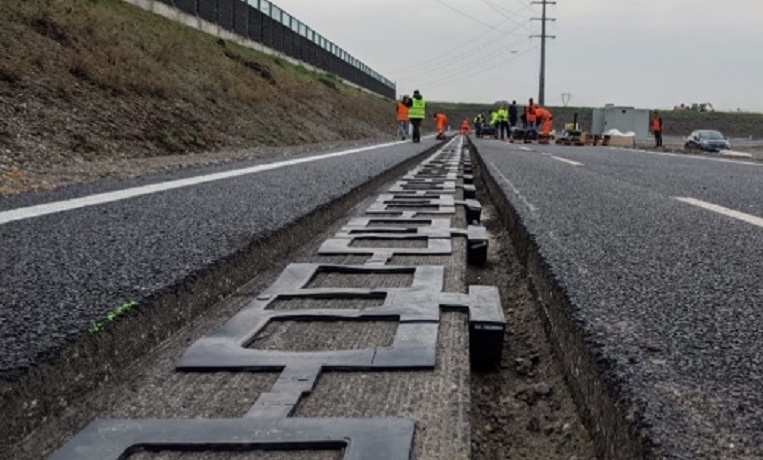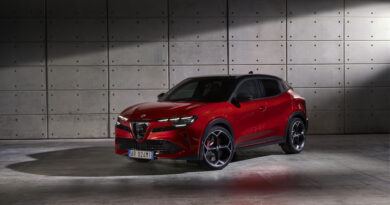Coventry University begins trial of wireless charging for electric vehicles
A new system that could charge electric vehicles as they drive is being trialled in England.
Researchers at Coventry University are working with the city’s council on a feasibility study to see whether wireless charging coils built into the road surface could in future provide on-the-move charging.
The Dynacov system – short for “dynamic charging of vehicles” – uses dynamic wireless transfer technology to establish an automatic connection between subscribing vehicles and metal coils fitted below the road surface to recharge the vehicles’ batteries as they pass over. The owners are then automatically billed for the energy consumed.
Those behind the project believe that the system could help keep buses and delivery vehicles moving without the need to stop and charge as frequently. They are hoping that the initial trials will attract government funding to further explore how the HGV industry will switch from diesel power to electric vehicles in the next 15 years. Current funding is being provided by National Grid Electricity Distribution.
The trial builds on dynamic wireless transfer technology prototyped by ElectReon and is focussed on a section of Kenilworth Road at its junction with the A45.
Kevin Vincent, director of Coventry University’s Centre for Connected and Autonomous Automotive Research, said: “Dynacov demonstrates the benefits of universities and local authorities sharing a common vision for the sustainable future of our cities and then having the agility to work in a collaborative and timely manner with industry stakeholders to effect positive change.”
“Innovation will be one of the ways we tackle the causes and consequences of climate change,” commented Councillor Jim O’Boyle, Coventry City Council’s cabinet member for climate change, “And innovation is something we are very good at here in Coventry, especially in the transport sector which is in our DNA.
“It is great to be collaborating with Coventry University and Cenex to show how roads can be used to charge vehicles as they pass by and solutions like this will enable the transition to electric vehicles to happen more quickly.”
The technology is one of six innovations proposed by the Key Cities Innovation Network (KCIN) in “Civic Partners in Net Zero”, a collection of peer-reviewed studies detailing innovative ways in which universities are working with their local communities across 27 English and Welsh cities to achieve net zero targets.






